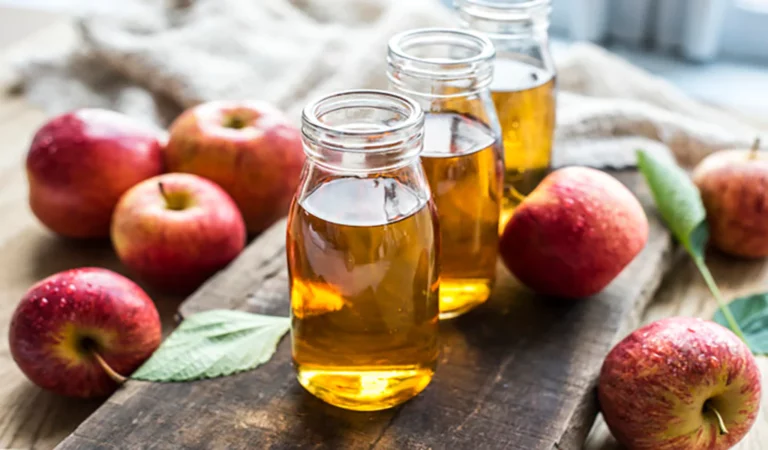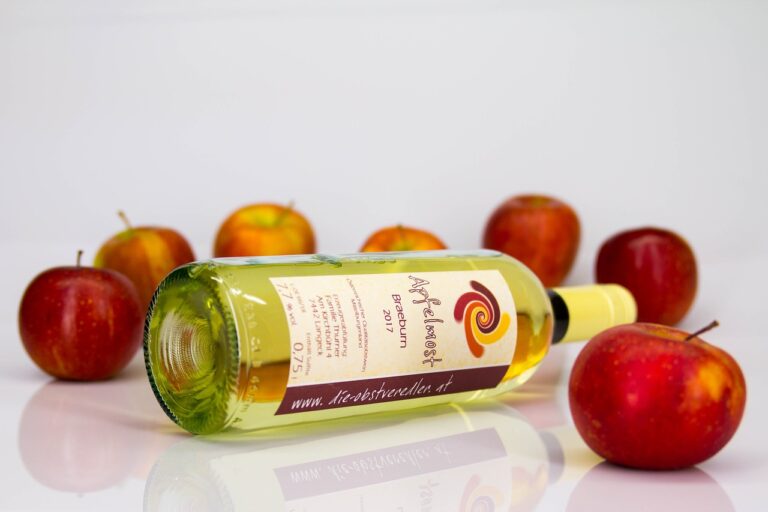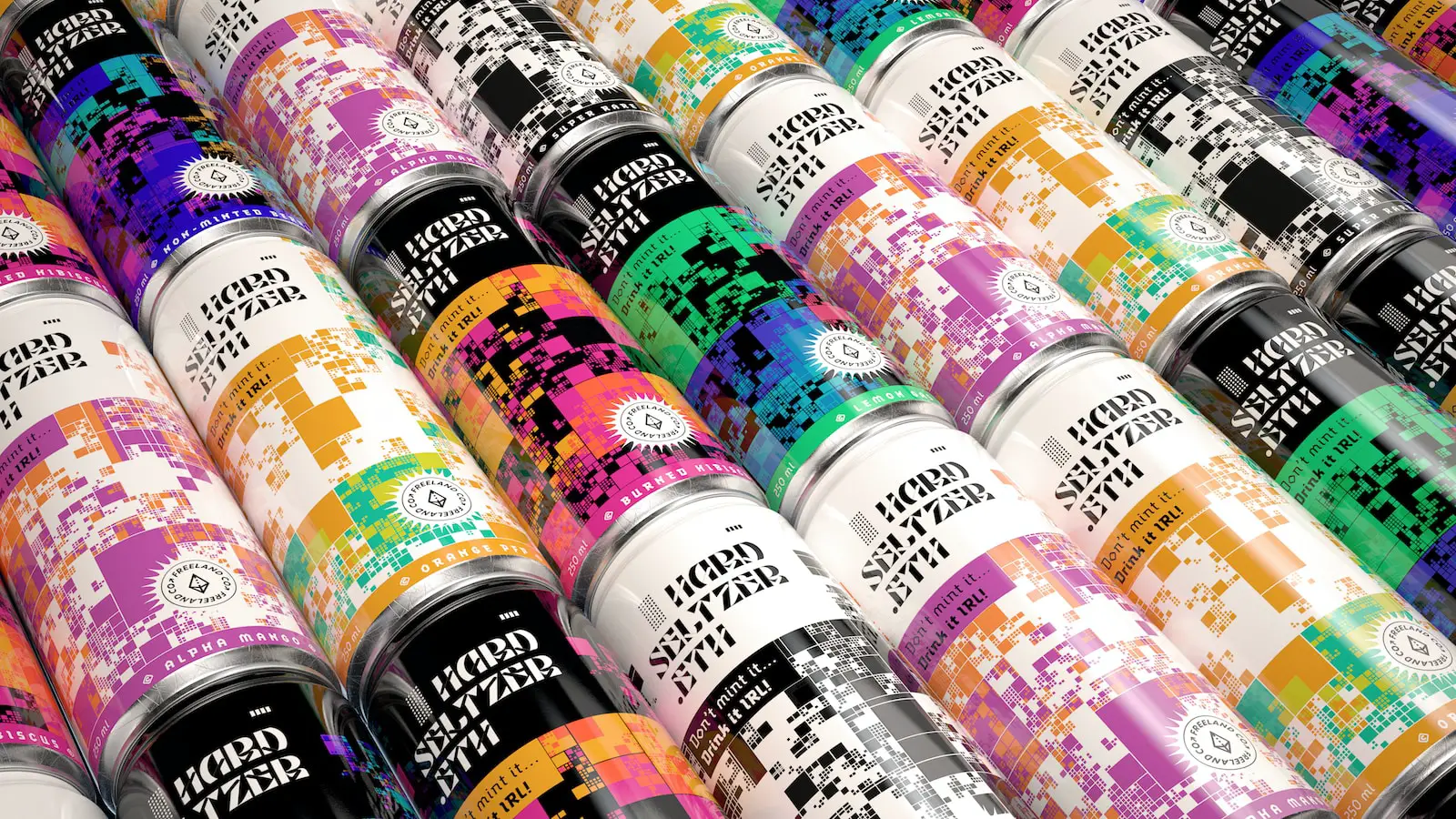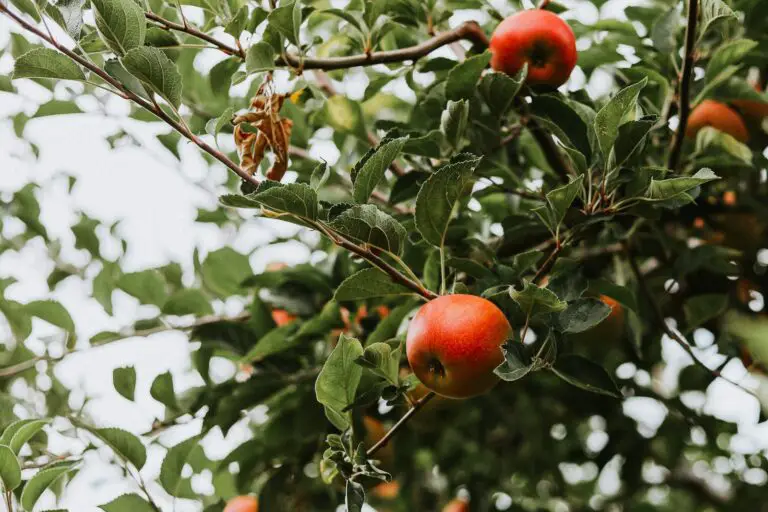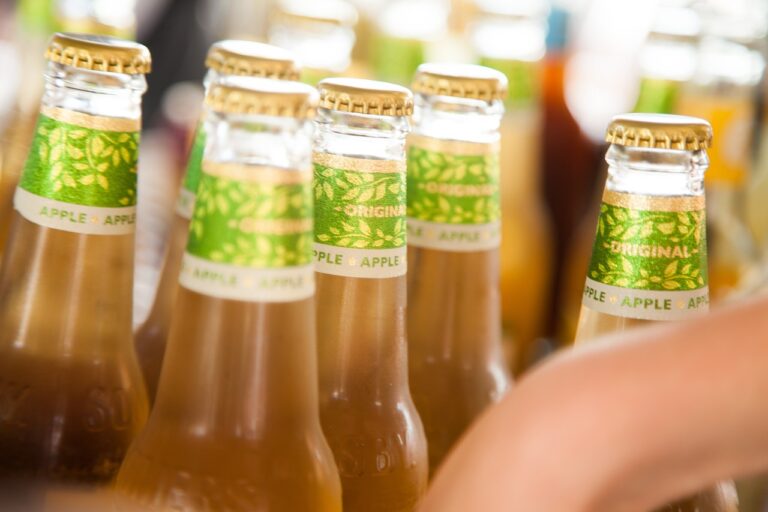Hops are an essential ingredient in beer and come in various flavors and aromas. One of the most popular Hop varieties is piney Hop, which has a distinct pine-like flavor and aroma.
They add complexity and balance to beer and provide a unique character to the finished product.
Whether you’re looking for a beer hop with a strong pine character for your homebrew or want to know which hops are considered “piney,” this guide will help you find the right hop for your needs.
This article will discuss which Hops are considered piney in character, their characteristics, and some popular varieties. We will also explore how these Hops can create unique beers with distinct flavor profiles.
What Are Piney Hops, and How Do They Impact Beer Flavor?
Piney Hops are a variety of Hops known for their piney aroma and flavor. Piney Hops can add bold, piney flavors to many beer styles, especially IPAs and pale ales.
“Piney” describes any Hop with an intense aroma and flavor of spruce, pine, or fir trees. Piney Hops can be used as an addition to any beer style and will not replace traditional aromas such as fruity or floral notes.
They’re typically added at the end of the boil to add more character to your beer’s aroma.
Piney Hops are bred to produce high alpha acids and low humulene levels. The piney aroma comes from the oils produced by the plant as it develops.
Alpha acids are bitter-tasting compounds in Hops. A beer’s percentage of alpha acids determines its bitterness, but higher levels can also contribute to bitterness.
On the other hand, Humulene is another compound that contributes to a beer’s flavor profile. It tends to be more aromatic than different Hop varieties, so when brewers use humulene-rich Hops in their recipes, they tend to use them for flavoring rather than bittering purposes.
Understanding the Characteristics of Piney Hops and How They Affect Beer
Piney Hop character is one of beer’s most distinctive and well-known flavors. The Hops that impart this flavor are typical of the noble variety and have a very high alpha acid content.
These Hops have been described as having an earthy, woody, or even “resinous” aroma and flavor. In addition, they are often described as possessing a strong bitterness that can be quite aggressive but mellows out with age or in the presence of other flavors.
The exact mechanism by which these Hops impart their unique flavor is unknown. Still, it has been suggested that they act as a natural preservative by inhibiting microbial growth in beer.
This hypothesis is supported by studies demonstrating that beers brewed with Piney Hops exhibit significantly lower levels of microbial contamination than those brewed without. Furthermore, the characteristics of Piney Hops include the following:
- A unique aroma contains strong fruity notes of pine resin and citrus fruit. The smell is described as having a sharp and bitter taste in the aftertaste of the beer.
- Pleasant bitterness of 5 to 6 IBU’s; the Hop’s sweetness and fruitiness balance this bitterness.
- Medium-low to high alpha acid content (6-12%), ranging from 15-40%.
- Medium hopping rates on average; however, they can be higher or lower depending on the recipe and desired effect.
An Exploration of the Different Types of Piney Hops Available to Homebrewers
Piney Hops are classified by their variety, country of origin, and aroma characteristics.
Piney Hop is one of the most popular craft beers. It has a distinct aroma that has been described as “clean,” “piney,” or “woodsy.”
The first type of Piney Hops is called noble Hops. These are grown exclusively in Europe and are produced on large farms with high-density cultures with multiple varieties of plants growing under high light intensity.
Noble Hops have high alpha acids and low cohumulone levels (cohumulone), giving them a smooth bitterness that does not linger on the palate. When used in beer recipes, these hops will add a subtle flavor without making it too bitter or harsh on the senses.
Some of the common types of Piney Hops include the following;
Amarillo:
This Hop is grown in the United States, which makes it one of the most popular varieties for commercial brewers. It’s a great choice for IPA and Pale Ale but also works well in lagers.
Cascade:
This variety is grown in the Pacific Northwest region of the United States, making it another popular commercial Hop choice. It has a spicy, fruity aroma and works best with pale ales and IPAs.
Citra:
This variety is grown in Washington State and Oregon, making it another good commercial Hop choice. It has a citrusy character with slight tropical fruit aromas complementing IPAs well.
Galaxy:
This Hop is grown primarily in Australia but originates in New Zealand and South Africa, making it one of the more unusual commercial Hops available today! It has a unique melon aroma that can be used as an accent note in your beer recipe or even as an all-out flavor profile.
Nugget:
The Nugget is the most commonly used Hop in IPAs. It has a very complex flavor, with tropical fruit and citrus flavors.
Centennial:
This Hop has a strong grapefruit aroma, giving it a fruity flavor that works well with IPAs and Pale Ales.
Simcoe:
This Hop has an earthy, spicy aroma reminiscent of curry or black pepper. It adds complexity to any beer style and works especially well in dark brews such as stouts and porters.
Conclusion
If you’re a beer enthusiast, you’ve heard of Piney Hops. But what exactly are they, and which Hops are considered Piney?
Piney Hops have an intense aroma reminiscent of pine needles and coniferous trees. They can add a unique flavor to beer, making them an attractive choice for brewers looking to create something special.
Piney Hop characteristics can vary from variety to variety, but generally, they have an intense pine aroma and flavor that is often described as resinous or herbal. Cascade, Centennial, Chinook, Columbus, and Simcoe are some of the most popular Piney Hops.


